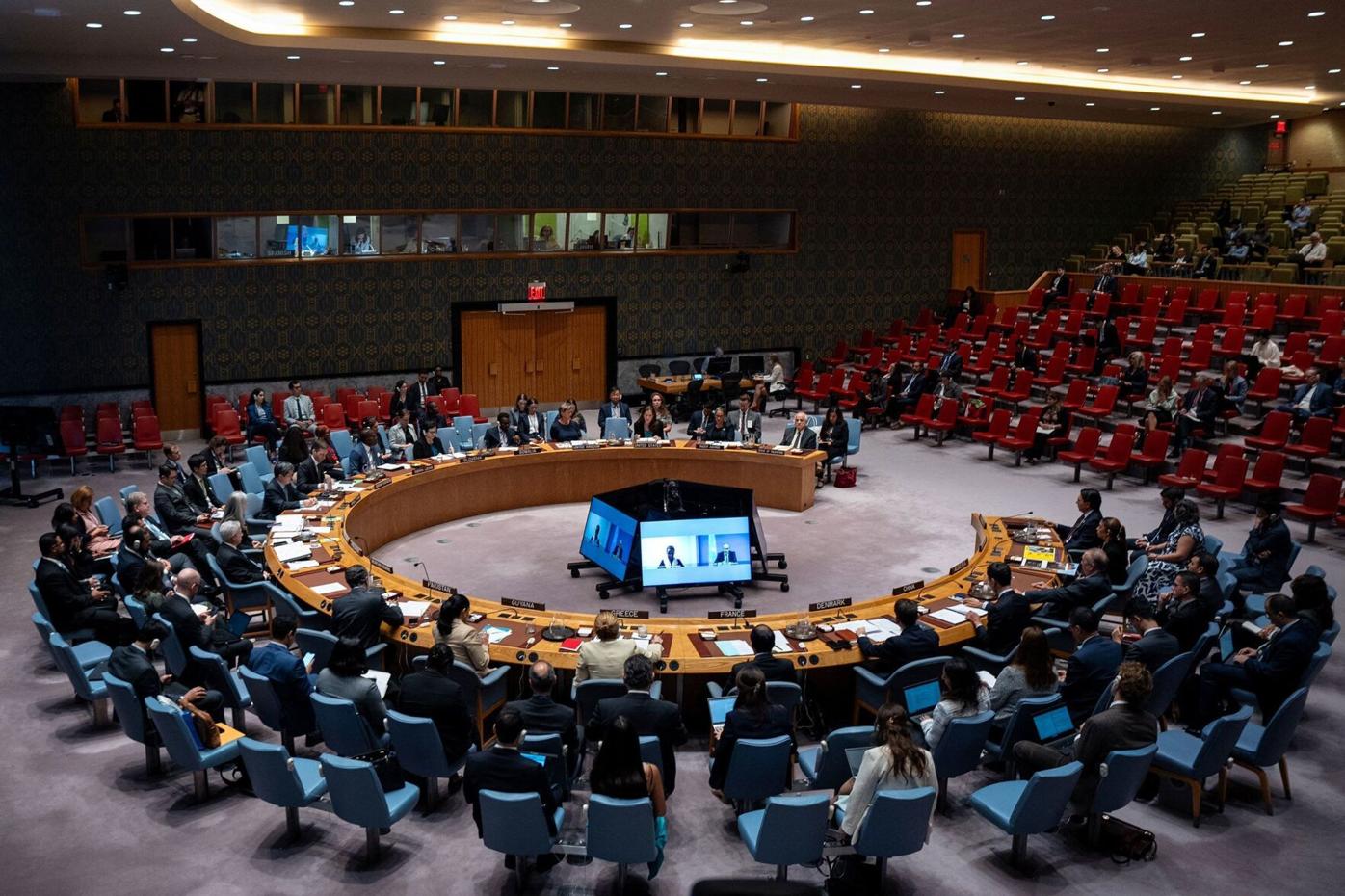UN General Assembly begins today in New York amid U.S. visa denial to Palestinian delegation

UK, France, Australia, and Canada are reportedly considering conditional recognition of the State of Palestine.
New York: The annual session of the United Nations General Assembly officially begins today in New York, but this year’s gathering is overshadowed by a significant diplomatic controversy. The U.S. government has denied visas to Palestinian President Mahmoud Abbas and his 80-member high-level delegation, a move being described as unprecedented in the history of the United Nations.
According to Palestine’s UN envoy Riyad Mansour, President Abbas was scheduled to lead the Palestinian delegation and deliver a crucial address to the General Assembly. The U.S. decision is being widely condemned as a violation of international diplomatic norms and a breach of the UN’s core principles.
A one-day UN-sponsored conference on the Israel-Palestine two-state solution is scheduled for September 21 in New York, followed by another high-level meeting on September 22, led by Saudi Arabia and France. President Abbas was expected to attend both events.
Following the U.S. refusal to issue visas, calls are growing to move the conferences from New York to Geneva. Per Clausen, a member of the European Parliament, called the move a “clear injustice against the Palestinians” and urged the international community to send a strong message in support of Palestine’s right to representation.
This is not the first time the U.S. has denied entry to Palestinian leadership. In 1988, Palestinian leader Yasser Arafat was also barred from attending the UN in New York. However, experts note that this is the first instance where an entire delegation has been blocked, marking a significant escalation and a serious diplomatic rupture.
During this session, countries including the UK, France, Australia, and Canada are reportedly considering conditional recognition of the State of Palestine. Currently, Palestine holds observer status at the UN, which allows it to speak in General Assembly meetings but not vote.
Diplomatic sources fear that the U.S. may invoke anti-terrorism legislation to deny visas to diplomats from other nations such as Iran, Brazil, Sudan, and Zimbabwe. Experts warn that such actions could set a dangerous precedent in international diplomacy.
The current UN General Assembly session will conclude on September 29, while the high-level general debate will take place from September 23 to 27. World leaders are expected to address major global issues, with a special focus on peace in the Middle East.
Read More News On
Catch all the Business News, Breaking News Event and Latest News Updates on The BOL News
Download The BOL News App to get the Daily News Update & Live News.